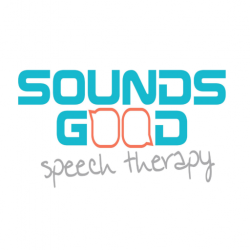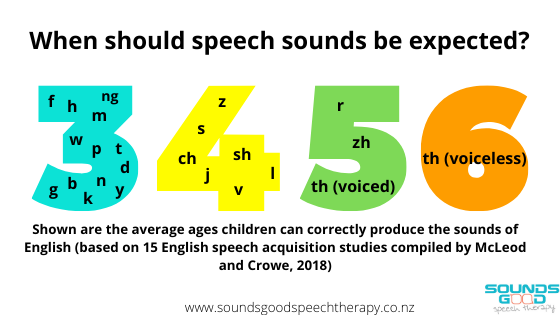“What did he just say??”
“I just can’t understand him!”
Often parents are aware that their child’s speech doesn’t sound quite right but they are unable to pinpoint the exact problem. Your child might be difficult to understand, sound unusual or maybe their speech just sounds immature for their age.
When we talk about speech, this means the individual sounds of words that a child makes, and these have an impact on how easy it is for both familiar and unfamiliar listeners to understand the message the child is saying. Speech sounds are produced using articulators, including: voice box (larynx), mouth, tongue, nose, teeth, and lips. Producing speech is a complex task so it takes some time for children to master it.
Many parents like to keep track of all areas of their child’s development and make sure that everything is going to plan, but it can be tricky to know if your expectations are realistic. When your child’s speech is difficult to understand or they have a sound error that is really obvious it is understandable to wonder when it will “fix up”.
A child’s speech sounds develop gradually but often predictably over a number of years. Many parents are shocked to learn that there are some speech sounds that children shouldn’t be expected to have mastered until primary school age. Before a sound is present in your child’s everyday speech, you might notice that they substitute that sound for another (e.g. pronouncing cat as “tat”), leave the sound out completely (e.g. pronouncing boat as “bow”), or produce the sound in an incorrect way (e.g. producing “s” with a lisp).
The following infographic will help to give an idea of when a number of different speech sounds might appear in your child’s speech:
This information can be used as a guide to determine when it might be appropriate to seek advice from a Speech and Language Therapist, but it’s also important to consider the following:
- If your child is reluctant to talk because of their speech or becomes frustrated often when misunderstood, it would be a good idea to seek advice from a Speech and Language Therapist
- If your child makes a lot of different speech sound errors, then their speech will likely be extremely difficult for listeners to understand and input from a Speech and Language Therapist would be beneficial
- Not all speech sound errors are created equally! Most children make predictable errors that they self-correct as they get older, but some children will make a-typical errors which indicate a speech sound disorder requiring intervention. These will be identified during assessment by a Speech Language Therapist.
Of course all children and all situations are different, so we are always happy to help. If you would like to discuss your child’s speech sound development or any other communication concerns please contact us.
Reference
McLeod, S. & Crowe, K. (2018). Children’s consonant acquisition in 27 languages: A cross-linguistic review. American Journal of Speech-Language Pathology, 27 (4), 1546-1571. doi:10.1044/2018_AJSLP-17-0100.



